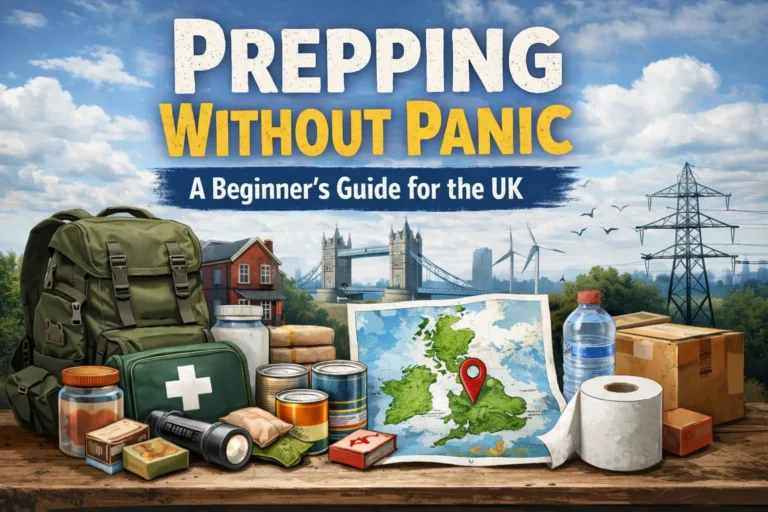Mastering Survival Psychology: Conquering Fear and Anxiety in High-Stakes Situations

Facing fear and managing anxiety are crucial elements in survival situations, impacting decision-making and overall well-being. In survival psychology, understanding how anxiety can cloud judgment and hinder one’s ability to respond effectively is paramount. The prevalence of anxiety in survival scenarios underscores the need for effective coping mechanisms to navigate these high-stress environments successfully.
Anxiety and fear can overwhelm individuals in moments of crisis, leading to panic and impeding rational thinking. In such demanding situations, the ability to cope with fear becomes a vital skill for ensuring not only physical survival but also mental resilience. By acknowledging the challenges posed by fear in survival contexts, individuals can prepare themselves to confront these emotions head-on and mitigate their adverse effects on decision-making processes.
Developing strategies to cope with fear and manage anxiety in survival situations empowers individuals to respond calmly and purposefully when faced with adversity. By embracing techniques that promote resilience and a clear mindset, individuals can enhance their capacity to make sound decisions under pressure and safeguard their well-being. Understanding the dynamics of fear and anxiety in survival psychology is not only informative but also pivotal for fostering a mindset of strength and adaptability in challenging circumstances.
Understanding Fear in Survival Psychology
In survival situations, fear plays a crucial role in shaping our actions and mental state. Let’s delve into the psychological aspects of fear and how it influences our survival instincts and decision-making processes.
Understanding the relationship between anxiety and survival psychology is crucial for mastering one’s fears in survival situations. By recognizing how anxiety influences our thoughts and actions, individuals can learn to harness its energy positively and navigate threats more effectively.
Effects of Prolonged Fear on Mental Health

Prolonged exposure to fear in survival scenarios can have severe implications on mental health. Sustained fear levels can lead to chronic stress, anxiety disorders, and even post-traumatic stress disorder (PTSD) in extreme cases. The constant state of hypervigilance and apprehension can exhaust mental resources and impact emotional well-being.
Moreover, the long-term effects of anxiety on individuals may manifest in various ways, including sleep disturbances, mood swings, and difficulty concentrating. These mental health consequences highlight the importance of addressing fear and anxiety early on in survival situations to prevent lasting psychological trauma.
By understanding the mental health risks associated with prolonged fear, individuals can prioritize self-care, seek support when needed, and employ coping strategies to mitigate the negative impacts of anxiety on their well-being.
In conclusion
acknowledging the role of anxiety in survival psychology and recognizing the effects of prolonged fear on mental health are essential steps in preparing oneself for challenging situations. By managing fear effectively and proactively addressing its consequences, individuals can enhance their resilience and adaptive capabilities in survival scenarios.










